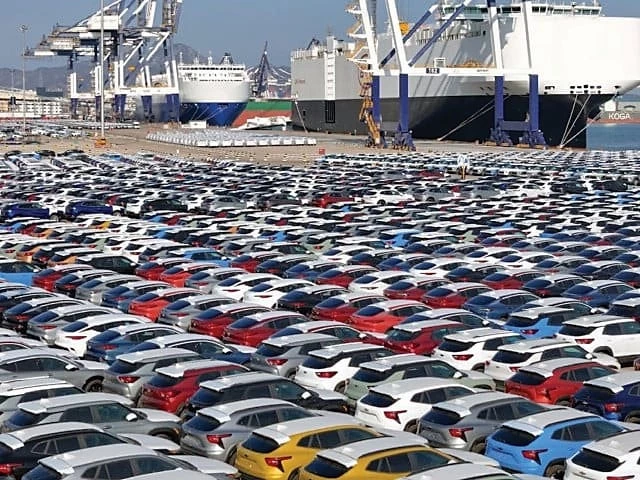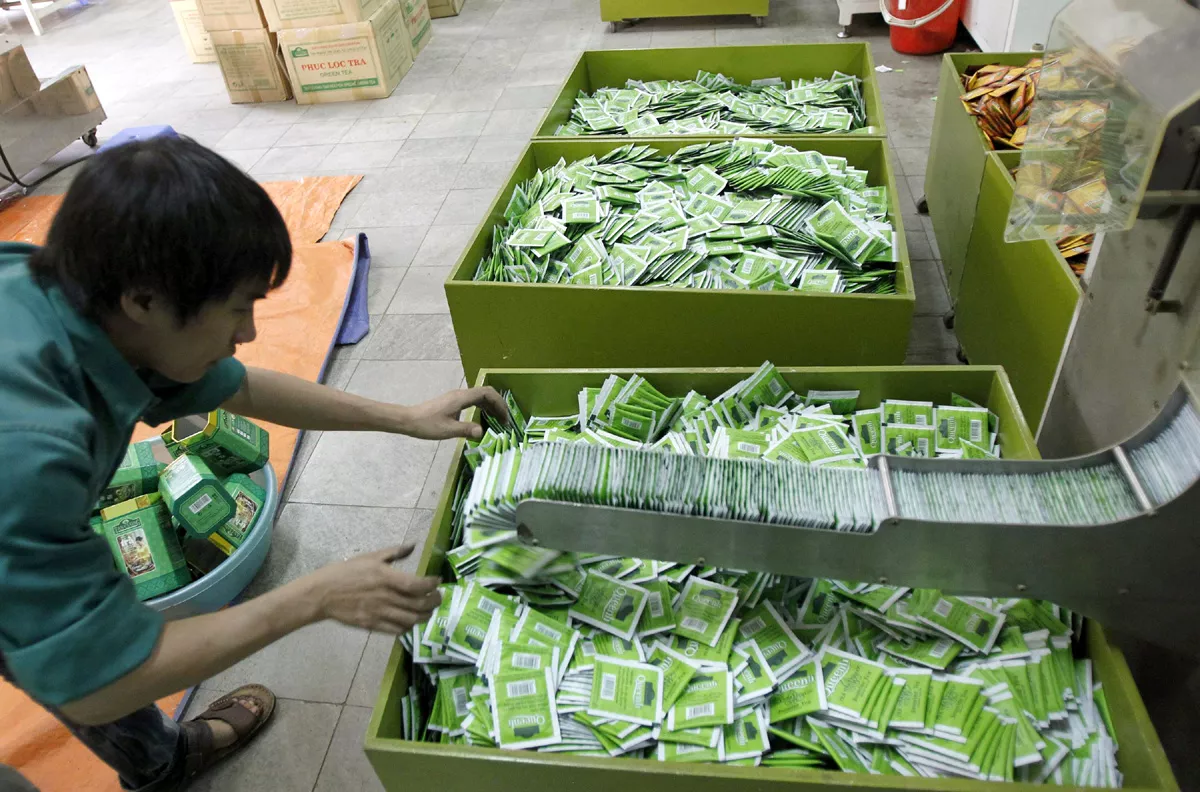Qadir: Used car imports could capture 50% of market
PAAPAM says rising influx threatens Rs300b local production, 1.83m jobs as reduced duties distort competition

Pakistan's local automobile industry has sounded a loud alarm over rising used-car imports, warning that the market share of imported vehicles could soar to 50% if current fiscal and import policies continue unchecked. The Pakistan Association of Automotive Parts & Accessories Manufacturers (PAAPAM) fears this surge would cripple local production and dismantle the industrial ecosystem that took decades to develop.
"Industry data indicate that used-car imports have already captured around one-quarter of the domestic market. If current policies persist, this share could surge to 50% within a short period," said Shehryar Qadir, Senior Vice Chairman of PAAPAM. "That means every second car sold in Pakistan would be an imported used vehicle, effectively displacing local production capacity and threatening the sustainability of OEMs and their supplier networks."
The association's concerns come amid fiscal adjustments that have reduced effective duties and taxes on imported used cars, enabling importers to bring in vehicles at much lower prices than locally assembled units. Many of these imported cars are older and undervalued but enter the market as low-cost options that distort competition. Local manufacturers continue to pay full duties and comply with domestic safety and emission standards, creating an "uneven and unsustainable playing field."
"This steep drop in import taxes undermines the government's industrialisation objectives and erodes the competitiveness of domestic assemblers who have invested heavily in localisation, employment and technology transfer," Qadir said.
According to PAAPAM's latest diagnostic report, Pakistan's auto parts industry binds together over 1,200 Tier-1, Tier-2 and Tier-3 suppliers, supporting 1.83 million skilled jobs, including around 300,000 directly in the auto parts segment. The sector anchors localised production valued at more than Rs300 billion annually. It substitutes roughly $1.25 billion worth of imports every year. Over Rs100 billion has been invested by local vendors in plant and tooling. The industry has achieved localisation levels of up to 60% in several vehicle categories.
"Imported used cars introduce a double-down effect on depreciation," Qadir explained. "These vehicles are already aged and lose value quickly, depressing overall market prices and diminishing resale values for new locally manufactured cars. This artificially deflated market discourages customers from purchasing new vehicles and erodes manufacturers' margins."
Pakistan's automotive sector is already under pressure from sluggish demand, expensive financing and high energy costs. Car sales dropped by more than 40% in the last two fiscal years, largely due to record-high interest rates and inflation that curtailed consumer buying power.
"Used-car liberalisation might appear to offer short-term relief to consumers, but it's economically destructive," said Dr Nishat Alam, an independent economist and auto-sector analyst. "Every imported vehicle adds to the current account deficit, displaces local jobs and drains value from the supply chain built painstakingly over decades. If localisation unravels, the country could face a permanent $1 billion annual import shock."
"The government must decide whether Pakistan will remain a dumping ground for second-hand imports or evolve into a strong regional manufacturing hub," Qadir said.





















COMMENTS (5)
Comments are moderated and generally will be posted if they are on-topic and not abusive.
For more information, please see our Comments FAQ